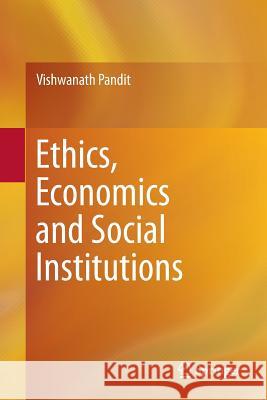Ethics, Economics and Social Institutions » książka
topmenu
Ethics, Economics and Social Institutions
ISBN-13: 9789811092787 / Angielski / Miękka / 2018 / 169 str.
Kategorie:
Kategorie BISAC:
Wydawca:
Springer
Język:
Angielski
ISBN-13:
9789811092787
Rok wydania:
2018
Wydanie:
Softcover Repri
Ilość stron:
169
Waga:
0.27 kg
Wymiary:
23.39 x 15.6 x 1.04
Oprawa:
Miękka
Wolumenów:
01











